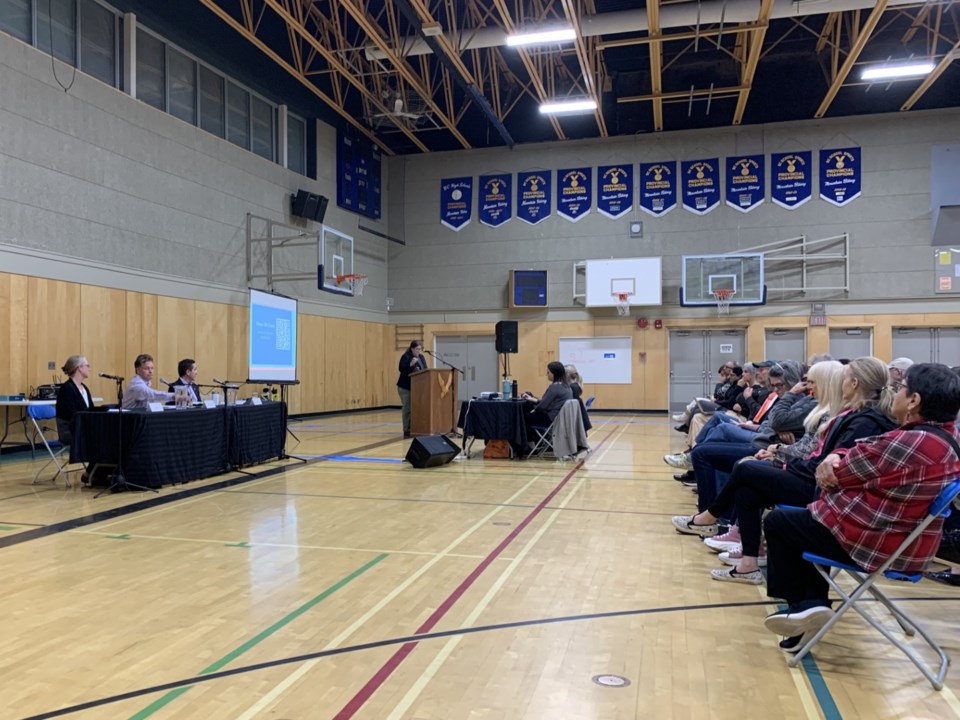Some people believe journalists and politicians are in cahoots, which I found confusing after I became a reporter.
Given our criticism of elected officials—see this week’s editorial, for example—it seemed weird that folks thought we were “in bed together,” so to speak.
But several years on, I do see that journalists can relate to politicians in some ways.
Like politicians, journalists are often in lose-lose situations.
Whatever we say, someone will take issue with it—or how we said it.
It comes with the territory.
There is also a lot of jargon and misunderstanding about how both government and newsrooms work, which leads to conspiracy theories about both.
(Both would benefit from information campaigns showing how the sausage is made.)
Given the skepticism, it would be easier for journalists and government leaders—and political candidates—to stick with what people want to hear. (“Win a house, win a car, step right up, folks!”)
Case in point, just like it seems easier for some politicians, it would be easy for our editorials and columns to be on the side of those opposed to anything to do with the LNG facility.
Like a cheap Hollywood film, the narrative writes itself: “Evil company moves in and steps all over the citizenry. Some clueless higher-up politicians and villainous executives stomp on the victimized Indigenous population until the righteous do-gooders step in and save the day! [Insert leaping whale.] Roll credits.”
But real life is much more nuanced.
Zoom in, and you see that there are shared values on many sides of the issue and powerful Indigenous governments and their members at the table, partners in calling the shots.
Real-life stories rarely fall into the David and Goliath framework.
But shining a light on the grey is often thankless for politicians and journalists.
It is not fun to get angry letters from folks who attack our character, especially when we care about the issues at hand, like the environment, reconciliation and reducing sexual assault.
But, it is also our job to call it as we see it, from an authentic place, come what may.
That is what we try to do.
We ask our readers to try to be open to the grey.
It is easy, for example, to dismiss our editorial and other opinion pieces by saying our outlet gets advertising dollars related to the Woodfibre LNG project.
We do.
(Since when did it become a sin for a legal company to buy advertising in the local newspaper where it operates? And why is it ignored that some Squamish-based organizations spend much of their donated marketing dollars mostly on U.S.-based social media platforms that don’t employ anyone in town?)
The fact is that advertising dollars have nothing to do with what our newsroom publishes.
We also publish stories that don’t make these same advertisers look good, but that fact doesn’t fit with the “local newspaper in the pocket of oil and gas” narrative.
We are professional and ethical journalists who aim for accuracy and balance.
Sometimes, that won’t make us very popular, but it is worth it.




